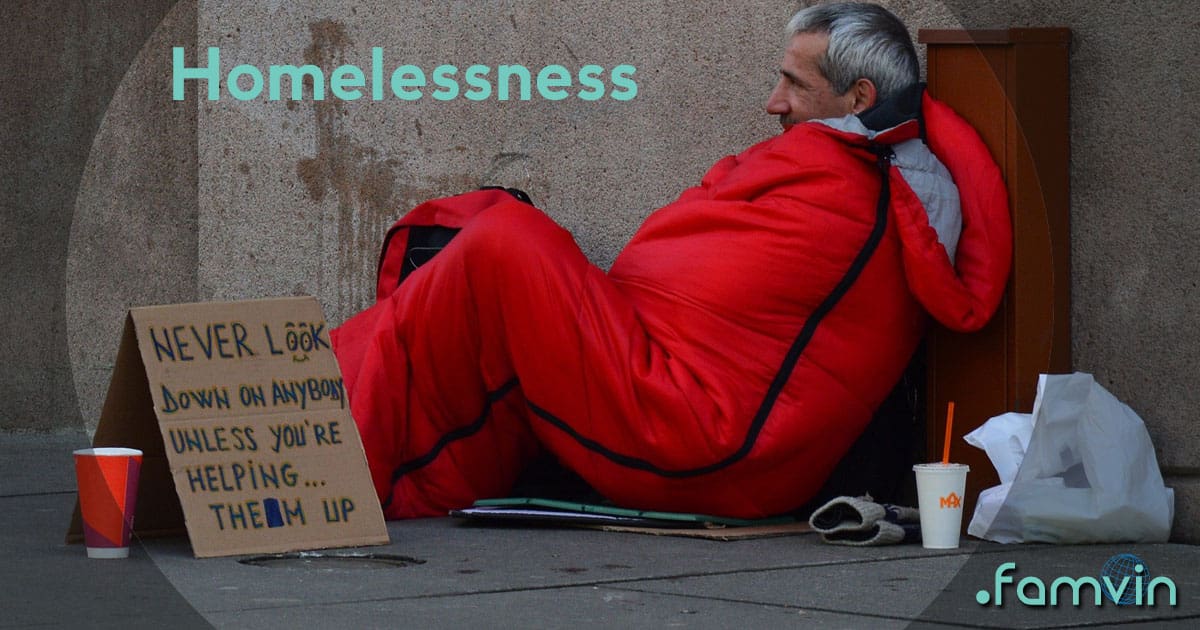Help Homeless People While Socially Distancing?
1) Advocate for Services to Respond to Your Community’s Needs
The reality for half a million Americans is that they are not only at-risk of dying from COVID-19, but also of dying from a lack of support to meet their basic needs. Homeless people need food; homeless people need shelter. They need your advocacy.
Connect with the agencies in your municipality to find out how their services are responding to COVID-19, where there are gaps, and how you can support their movement. Contact your local government to amplify their message and to ask for more funding from the government. Ask the people in your network to do the same to garner widespread community support.
The funding may come from the top, but only if there is first movement on the ground.
2) Make Financial Donations… If You Have the Means
Your financial donations make a big impact. It can allow organizations to stomach the additional costs of purchasing Personal Protective Equipment (PPE) to keep frontline workers safe. Or, it can help organizations purchase food as many have been forced to decline food donations.
You may not have the capacity to donate financially if your job security may be grim in these precarious times. If you’re one of the millions of Americans that finds themselves in this boat, know this: it is okay to receive. Money comes, just like money goes. Part of how we will get through this is by giving; the other part is by receiving. Please reach out for services and support if you need it.
3) Fortify Your Community’s Social Safety Net
4) Carve Some Time Into Your Schedule to Learn About Homelessness
-
LEARN MORE – where people can learn about homelessness in one place on the internet.
-
STORIES – where you can find the raw and unfiltered stories of homeless people that we have been uploading for over a decade now.
-
NEWS – news on homelessness and solutions to end it. This includes lived experience pieces from writers who were once homeless and those who are still experiencing homelessness.
5) Get Political
The right leader may push this dream towards a reality; the wrong leader could make it a nightmare. We choose on November 3rd.







0 Comments